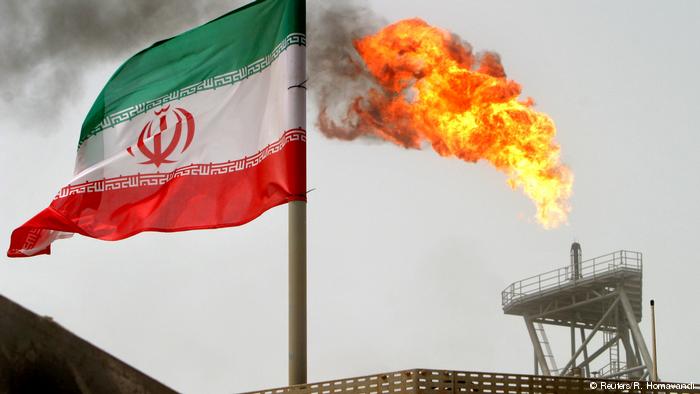Iran to Comply with Sanctions
September 29, 2018 | Expert Insights

The crippling effect of U.S. sanctions on Iran’s financial system have made the need to comply with global financial regulations necessary.
Background
The Joint Comprehensive Plan of Action (JCPOA) is a comprehensive agreement between the P5+1 countries (France, China, Russia, US, UK, and Germany), European Union and Iran to prevent nuclear arms development in Iran in exchange for removal of sanctions. October of 2025 was chosen as the Termination Day.
Under the JCPOA, Iran will have to reduce their stockpile of enriched Uranium by 97% and undertake enrichment only at Naantz. The Plutonium enrichment core at Arak would have to be dismantled. A 5-year heavy arms embargo and an 8-year ballistic missile embargo would remain in place. The International Atomic Energy Agency (IAEA) would conduct routine checks to keep track of Iran’s nuclear program. Finally, sanctions imposed by the United States and EU on Iranian oil, banking, and financial sectors would be lifted.
The Trump administration withdrew from the deal in May 2018, which led to the imposition of secondary sanctions that target international banks conducting business with Iran’s oil sector.
Read more of our political coverage of Iran here and here.
Analysis
As Iran is significantly impacted by the sanction, it is on the edge of accepting the global financial rules regarding financial crimes in order to keep its banking channels open. US-Iran relations soured rapidly this year, after Trump withdrew the US from the Joint Comprehensive Plan of Action (JCPOA), or the Iran deal, in May, to the loud applause from Israel and criticism from US allies in Europe. The JCPOA was signed by the US, Iran, China, France, Russia, UK and Germany, and granted Tehran some sanctions relief in exchange for a halt to its nuclear program. Trump, however, returned to a hardline anti-Tehran policy and has been pressuring allies into abiding by its unilaterally reintroduced sanctions, targeting oil-rich Iran’s energy sector.
Choosing to comply with international rules will be a landmark moment for Iran as its leader, Ayatollah Ali Khamenei, has been vocal about his plan for Iran to continue resisting global pressure. It seems to have become clear to Iran that in order to participate in the world economy, it will have to abide by its rules. Earlier this month, the Iranian parliament signed off on compliance with international rules.
The EU, Russia and China had maintained economic relations with Iran and stepped up their support when the U.S. imposed sanctions on Iran. The three announced that they would identify new payment methods, which will ensure that foreign businesses can interact with Iran. Experts remain doubtful as this support could be hindered by Iran’s inability to comply with the international rules.
While there are political groups that do not want to capitulate to the demands of the West, the weakened state of the Iranian financial system might leave them no choice. Iran’s deputy foreign minister Abbas Araghchi has also indicated that addressing these financial difficulties will help resolve the oil problems Iran is facing as well.
Assessment
Our assessment is that Iran is making progress towards aligning with global standards on financial systems. We feel that while it is possible for Iran to comply before the oil sanctions come into force in November, there are many obstacles in its path. We feel that aligning political interests with the country’s macroeconomic concerns will help to hasten the compliance.








Comments